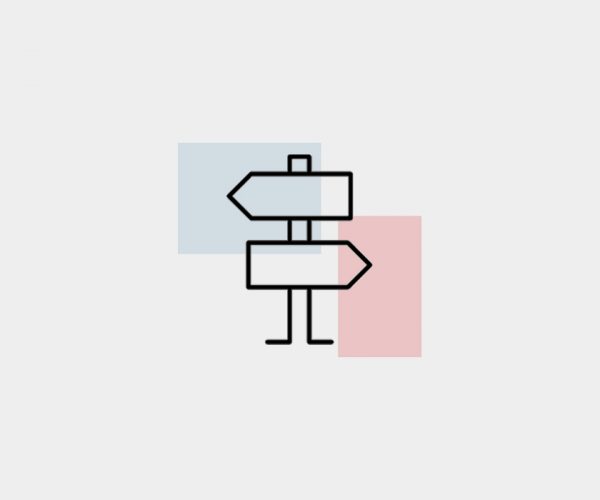In WR 153, students will develop a sustained project or series of projects guided by the process of design thinking (empathize, define, ideate, prototype, test, assess/reflect). The signature of WR 153 is a focus on creativity and design throughout the semester and a project exploring creativity and informed by the student’s research. The following guide is designed to help faculty when planning their WR 153 course.
- Each project will be scaffolded by short assignments that encourage students to explore ways of generating ideas, devising multiple strategies for implementing those ideas, revising and reconceiving based on feedback, and reflecting on their progress throughout the semester as well as in a final self-assessment.
- Each project should include significant writing and research components. Students will examine a range of modes of research and information sources in ways that help guide their engagement with and development of research questions. it will include both scholarly and other information sources in ways that highlight how research works in different contexts, such as academic disciplines, civic and personal life, and professional fields. Writing assignments may include academic papers and/or other genres associated with academic research such as a prospectus, annotated bibliography, oral presentation, or poster. Students should understand the connection between creativity, innovation, research, and writing.
- Student projects may include traditional academic papers guided by design thinking, as well as non-academic genres informed by substantive research. Possibilities include creative reimaginings of material covered in the course such as creating a social media campaign, making a graphic novel or poetry collection, designing an interactive map, or recording an educational TED talk or YouTube video.
- The semester should include significant revision and/or reconception of the student’s project design, so that students learn the value of creative failure and response to peer and instructor feedback.
- For Module 1, we recommend short analyses of exhibits and other preliminary assignments.
- For Module 2, we recommend shorter components of a longer research project and creative work, such as annotated bibliographies, prospectuses, proposals, working theses, drafts for peer review, student presentations, creative works in progress for workshopping. You should also regularly assign metacognitive assignments that ask students to reflect on their original work and the relationship between the various projects that are informed by their research.
- In Module 3, projects due could include outlines, drafts of research project, finished or nearly-finished creative works.
Syllabi Notes: Course Requirements
Also see the reading list from the Fall 2021 Faculty Seminar, Creativity & Innovation in the Writing Classroom, and three sample syllabi from WR 153 pilot courses (BU-only link).
Further resources will be coming soon.
All WR 15x resources
